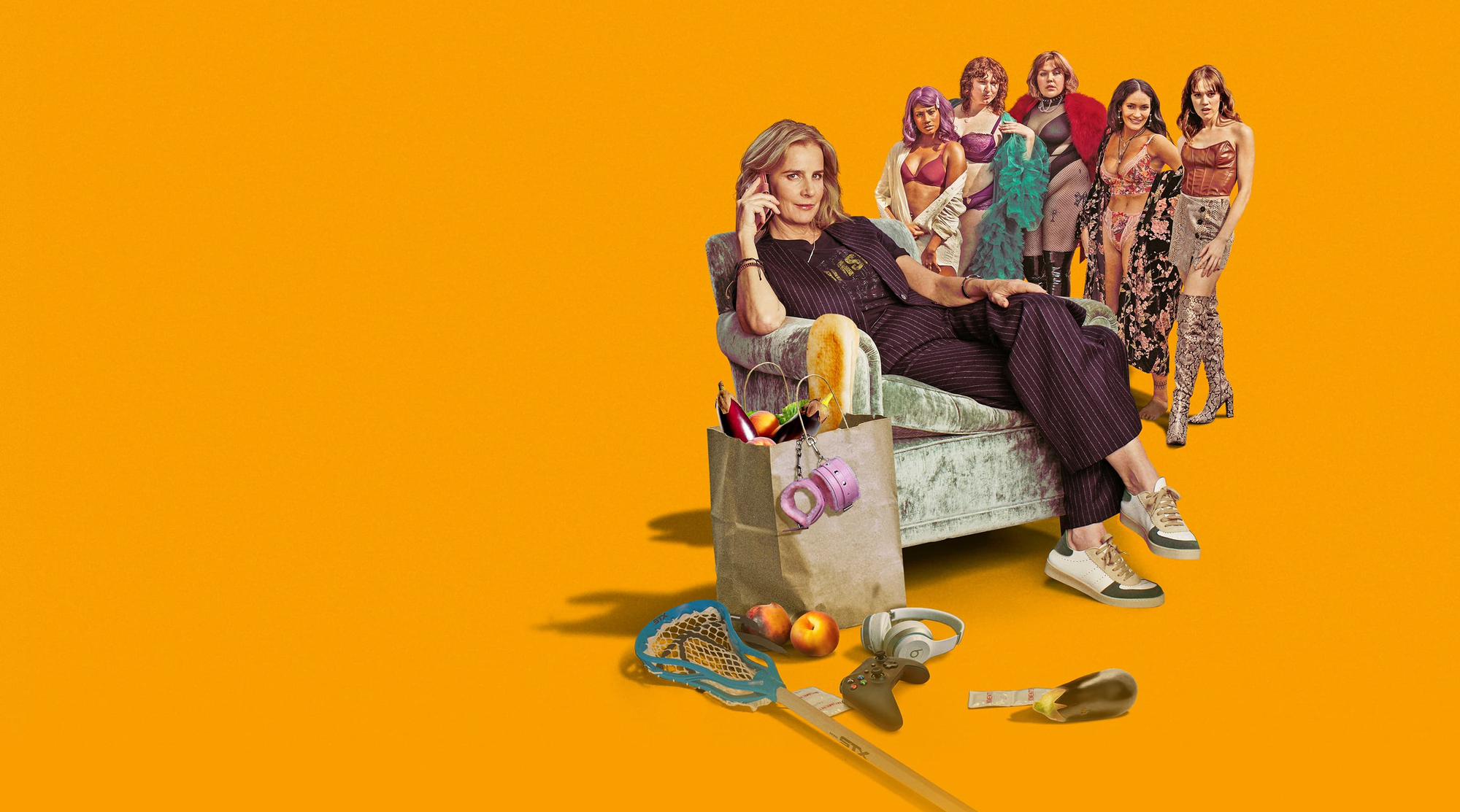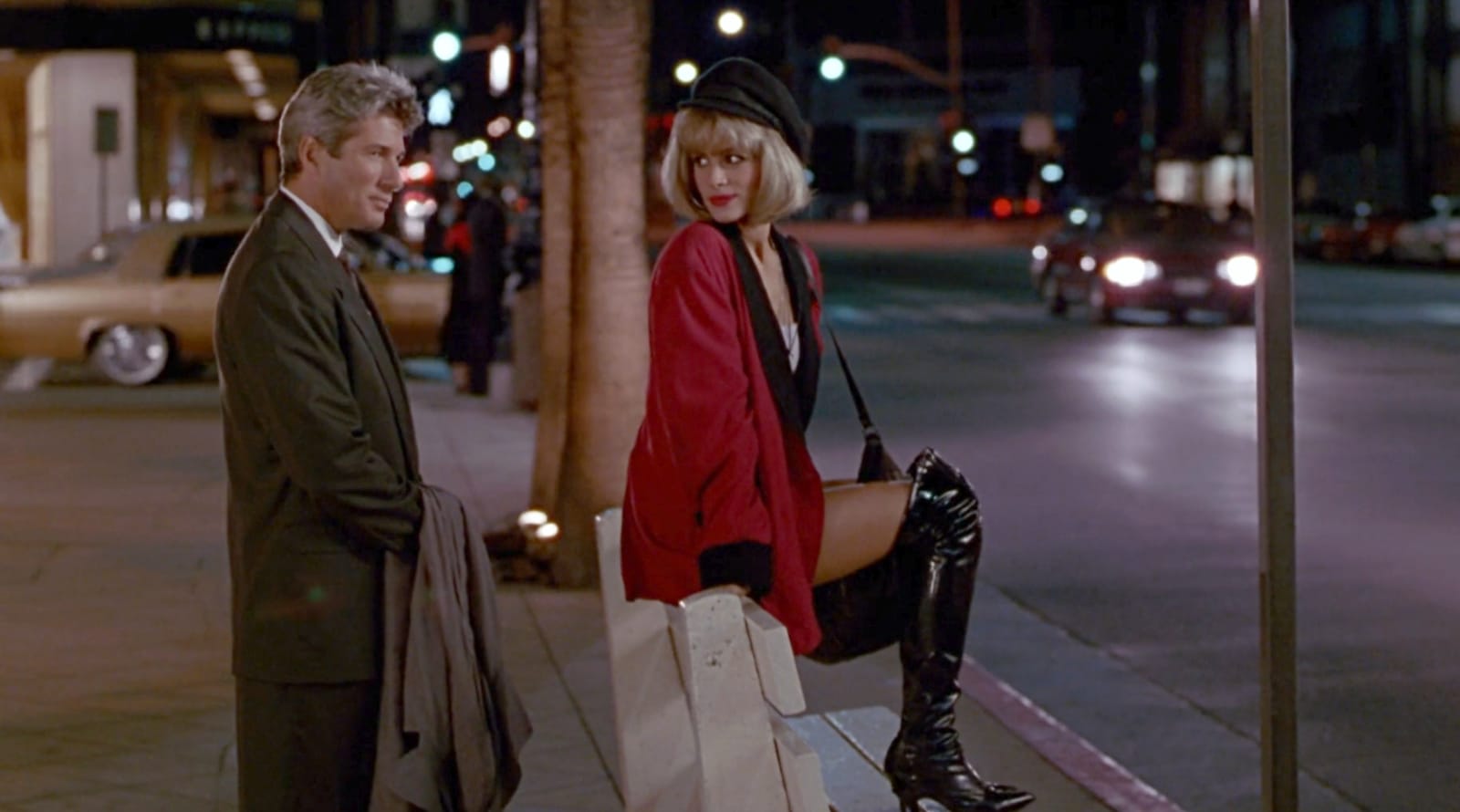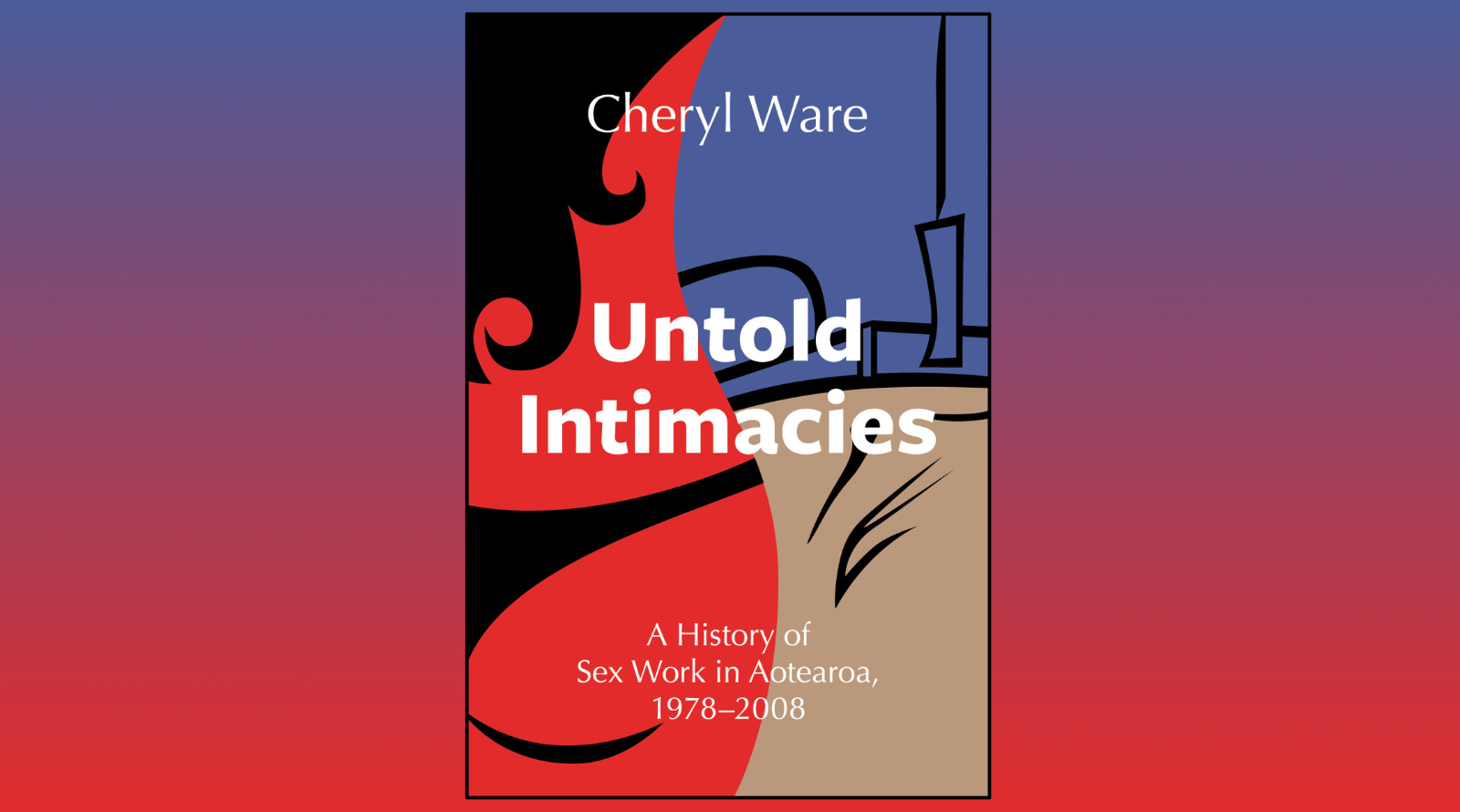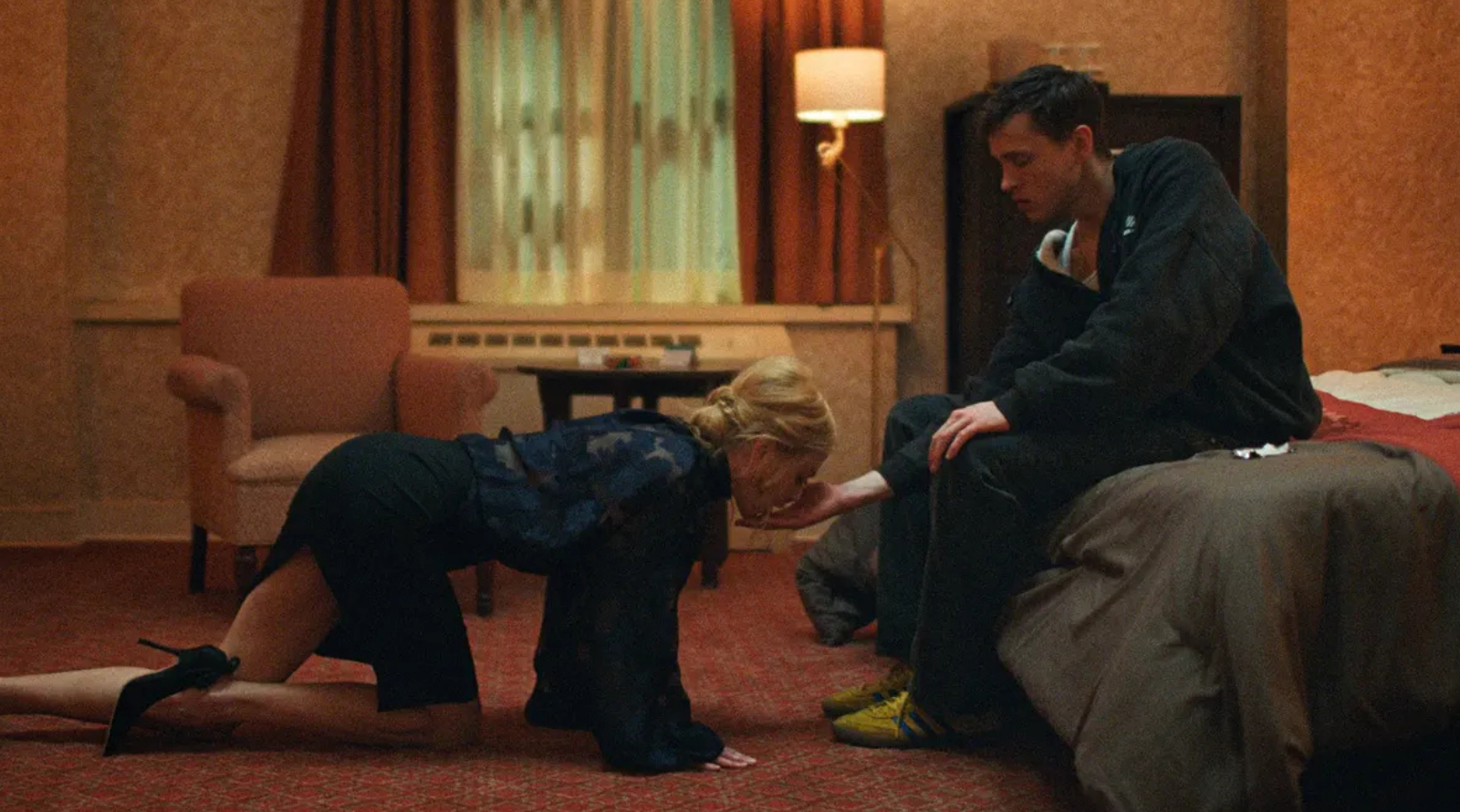Madam (2024) is a comedy TV series set in Aotearoa, New Zealand, that follows the journey of Mack Leigh, a mother of two whose life is turned upside down when she discovers her husband's infidelity with a sex worker. Mack decides to take matters into her own hands and open her own 'ethical brothel', navigating the challenges and complexities that come with it. Drawing inspiration from real-life events, the show is adapted from Antonia Murphy's memoir 'Madam', which chronicles her own experiences as a brothel owner in New Zealand. Having not read the book, my thoughts in this review are based entirely on the TV show and it’s portrayal of sex work/ers.
I went into this show feeling optimistic, hoping Madam would break away from the tired stereotypes that have plagued portrayals of sex work in the media. I've witnessed firsthand the positive shift in New Zealand's media landscape since the decriminalization of sex work in 2003. As a sex work activist, I've even been approached by and have worked with local journalists on how to represent sex workers with dignity and respect. With that in mind, I feel that the team behind Madam had good intentions when creating a show focused so heavily on the sex work industry. However, good intentions do not always mean good outcomes. And let’s be honest, the bar is low when it comes to portraying sex workers in the media. With that in mind, what did Madam do right, and where did it have me cringing? Let’s unpack!
Mack decides to take matters into her own
hands and open her own 'ethical brothel'...
Mack the Madam is the show's main character and therefore the driving force of the narrative. Operating out of a small town hotel, she is faced with many challenges, including the owner of the preschool next door who intends to shut her business down, interference from the local city council, and some good ol’ fashioned whorephobia from the general public. Another challenge she is faced with is that she wants her brothel to be ethical (or at least her idea of ethical) in an industry that seems ridden with unethical conduct. This is the main issue I had when watching the show; this overarching idea that sex workers need guidance from a civilian woman. Throughout the show, Mack is seen challenging and redefining the standard of treatment of sex workers in a way that infantilizes the sex workers. Though much of this could be a result of Mack’s real life character inspiration, Antonia Murphy, and her portrayal of sex workers in her memoir. Granted, I have not read the book.
There’s an episode where Mack leaves sex worker Deziyah in charge of running Sweethearts. Under the management of Deziyah, everything turns to chaos, with many of the workers running amuck like headless chickens. This crisis can only be resolved once Mack returns and resumes her role as Madam. Mack is positioned as an outsider from the industry, with many of the sex workers making note that she is a civilian woman who has no idea what it’s like to be an escort. But the show also hints that because of her outsider perspective, she is the best person to change the industry, implying that sex workers are just so used to and therefore oblivious to their own exploitation. This reinforces the notion of ‘false consciousness’ which is a concept that suggests that certain groups are so traumatised by their circumstances that they need others to make decisions for them.
The women-identifying sex workers that work at ‘Sweethearts’ are made up of an ensemble cast of stunning actors who provide a lot of vibrancy and comedy to the show. There’s farmer and elder worker Goldie, nepo baby and stoner Amethest, mother and nurse Cherry, hopeless romantic Lolly, enthusiastic firecracker Jaz, and second in charge Tui. Later, Sweethearts recruits previously mentioned Deziyah and her loyal followers, girlfriends Mariyah and Fiyah (props to the show for their portrayal of a queer sex working couple). Tui is the most fleshed out of the sex workers; we get to see her interact with characters from her own personal life, as well as forming relationships with other supporting characters. Deziyah is also a complex, multidimensional character who is not one hundred percent good or bad, she is simply trying to survive and in doing so, she makes questionable choices that add conflict to the plot. The rest of the sex workers are portrayed as likeable characters, we the audience aren’t encouraged to pity or hate due to their line of work. Instead, they are portrayed as human beings who just so happen to be sex workers.
Mack is positioned as an outsider from the industry, with many of the sex workers making note that she
is a civilian woman...
Madam does a good job in showcasing how working as a sex worker can help you gain confidence in yourself. We see this especially with Lolly, who we are introduced to during her job interview where she can’t stop crying over her ex. She is presented as a character with low self esteem, someone who depends on the validation of a male romantic partner to feel worthy – a very real experience that many women under a patriarchal society can relate to. Throughout the show, we watch as Lolly starts to see herself as beautiful and interesting, despite her unique interests. Unfortunately, all of this character growth is undone when she runs away with one of her clients. That’s right, Madam portrays the client fantasy of having the sex worker you book fall in love with you.
One of Lolly’s regulars informs her that he has left his wife and wants Lolly to run away with him, saying he doesn’t have a plan but they will figure it out because they love each other. Her coworkers encourage this, with Deziyah saying that it’s one thing for a client to claim he loves you, but it’s another when he actually leaves his wife for you. Without giving it much thought, Lolly quits her job to pursue a romance with her client, and I am left screaming at the television as if I’m watching a horror movie where the characters make all the wrong choices. The writers of Madam attempted to justify this problematic choice by inserting an exchange between the characters during their first booking. They bond over their shared niche interests, but this shallow attempt at depth falls flat. We never see them interacting outside of their bookings; he does not know the real Lolly. Like all of our clients, he is in love with a fantasy. Romanticising a sex worker impulsively abandoning her means of income to pursue a client who’s just left his wife gave me the ick.
That’s right, Madam portrays the client fantasy of having the sex worker you book fall in love with you.
I think what Madam was aiming to showcase with this narrative is that sex workers are still human beings who are worthy of romantic love. However, if this is what Madam was aiming to do, for season two I would love to see one of the sex workers experience romantic love outside of their clients. This could be a really great opportunity to explore the complicated world of dating as a sex worker, without reinforcing the client fantasy of having your sex worker fall in love with you – a fantasy that sex workers often struggle to navigate when it comes to our regulars.
Speaking of clients, something Madam did right was its portrayal of sex work clients. Madam does not villainise the men in the show who pay for sex – a dangerous rhetoric that fuels the push for the Swedish Model. Instead, the show seems to understand that clients, like sex workers, are just ordinary human beings. In episode one, after Mack witnesses her husband leave a motel room with Tui, Mack introduces herself to Tui in an attempt to understand her husband's motives. Tui explains ‘it’s barely even a sex thing. Mostly he just writes me some poetry, I tell him he’s a genius, and then we cuddle.’ This dialogue feels like it came directly from a sex worker's mouth. As a sex worker myself, I have often explained to my civilian friends that clients of sex workers are often craving intimacy.
For season two, I would love to see clients who don’t identify as men visit Sweethearts. This would help to showcase that not all clients of sex workers are men, accurately portraying that human beings - regardless of gender identity - crave intimacy. This could encourage queer viewers who may be curious about booking a sex worker to feel confident in their decision, further celebrating the beauty of what sex workers do: making people feel desired and connected.
Speaking of clients, something Madam did right
was its portrayal of sex work clients.
I don’t feel that the aspects of Madam I critiqued came from a malicious place from the show makers. I do believe that Madam is a show that wants to portray sex workers in a positive light. However, due to being written and produced by civilians, it can be hard to escape their own preconceived ideas of sex work, even if they do consult sex workers to help write the script. Madam feels like a step in the right direction when it comes to a more positive portrayal of sex workers, but I remain adamant that sex workers are more than capable of telling our own stories. I wish sex work producers/writers could have their projects greenlit as much as the civilians who attempt to tell our stories and, in doing so, get to profit of their assumptions of sex work.
Overall, Madam was an entertaining watch. There were plenty of laugh-out-loud moments for me, but there were also plenty of facepalm moments too. The actors did a tremendous job at portraying their characters, and as a result I feel emotionally invested in the Sweethearts. Because of this, I will be tuning into the next season. Who knows, perhaps the plot devices that made me cringe will be amended in season two.
Are you a sex worker with a story, opinion, news, or tips to share? We'd love to hear from you!
We started the tryst.link sex worker blog to help amplify those who aren't handed the mic and bring attention to the issues ya'll care about the most. Got a tale to tell? 👇☂️✨





